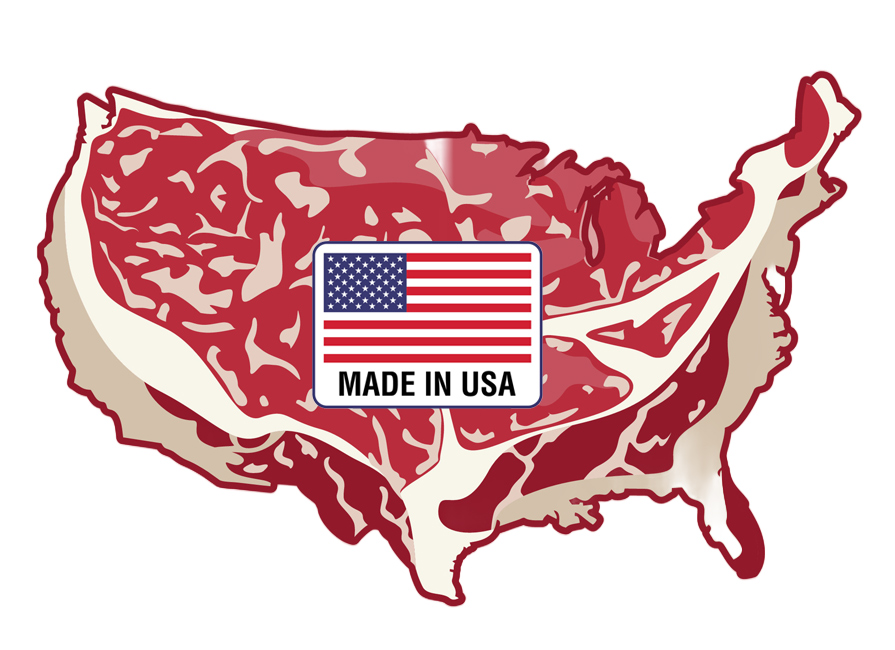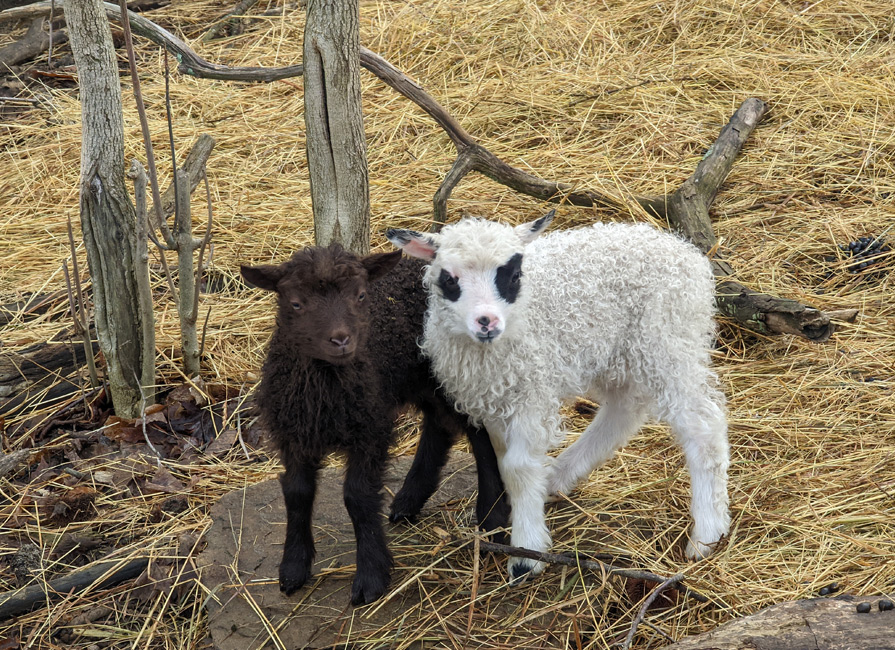In today's increasingly food-conscious world, consumers expect a label to mean what it says—including the…
Still no Regulation to Keep Poisons off our Plate
 Arsenic – that well-known poison made notorious by historic murder cases–was first added to poultry feed in 1944 and pretty much since that time there have been warnings of its potential to cause various cancers and contribute to other health issues such as diabetes and heart disease. Until now the FDA has maintained incorrectly that there was no basis for the warning as all the arsenic would be excreted by the chicken before you and I ever ate the meat.
Arsenic – that well-known poison made notorious by historic murder cases–was first added to poultry feed in 1944 and pretty much since that time there have been warnings of its potential to cause various cancers and contribute to other health issues such as diabetes and heart disease. Until now the FDA has maintained incorrectly that there was no basis for the warning as all the arsenic would be excreted by the chicken before you and I ever ate the meat.
Now, in a report that anyone with even a simple understanding of biology will react to by saying “…and it took you how long?” the FDA has admitted that arsenic does indeed remain in the body of birds fed this dangerous element. This discovery that arsenic persists in the livers of meat chickens has caused Alpharma, a subsidiary of Pfizer Inc., to voluntarily remove its arsenic containing feed additive Roxarsone from the market. As any high school student knows, the liver of birds and animals is effectively a filter working to remove unwanted contaminants from the body. And like all filters, the liver can become saturated or indeed fail completely if it is overwhelmed by toxins. So the discovery of arsenic in the liver of broiler chickens fed a diet containing this element is of no great surprise.
You might ask why arsenic is in poultry feed at all. When you look up one of the many drugs containing arsenic licensed by the FDA, the indications for use are “for the prevention of coccidiosis, for increased rate of weight gain and improved feed efficiency.” Coccidiosis is a parasite caused by overstocking and intensive facility use. As it is so often with Big Ag, rather than fixing the system, it tries to mitigate it with drugs and poisons–the unintended consequences of Big Ag’s failure to look further than the bottom line when designing food animal systems. Most of the rest of the world recognizes that adding a known poison to something you are going to eat is not a great idea. For example arsenic is prohibited from being added to any animal feed in the Europe. This is not just because of the human health risks but also because of the known pollution problems. Think back to the FDA statement that arsenic will be excreted by the birds and animals it is fed to – where do you think that excreted arsenic ends up? Arsenic is a chemical element in its own right. It doesn’t break down or degrade – once it’s out there in the environment, it’s out there, destroying ecosystems and polluting watercourses.
This is another breathtaking example of the arrogance of the U.S.’s food animal production industry. For this industry, profit comes before everything. Once again we see misrepresentation and rhetoric exposing U.S. consumers to potentially life threatening food products. You want past examples? How about the fact that despite the rest of the world understanding the connection between shoveling antibiotics into animal feed and the same antibiotics becoming resistant to bacteria (and therefore worthless for human treatment) Big Ag stoically questions the science. This proves again that Big Ag in the U.S. is unwilling to let facts get in the way of profit.
Despite stating that the use of arsenic in chicken feed had previously stopped, major chicken producer Perdue resisted a proposed bill to ban the additive in Maryland last year. Tyson Foods has made similar statements about the use of arsenic but it is estimated that around 2.2 million pounds of arsenical feed additives are used in poultry food each year. Exactly where has this vast mountain of arsenic been going I find myself asking? The FDA study was first available in February. It is interesting that it only seems to have seen the light of day now. Perhaps it was suppressed while waiting for Big Ag to work out a position to police itself.
For those of us with a healthy distrust of the power of Big Ag we are left relying on a voluntary withdrawal of one of the several available arsenic containing products rather than a complete and enforceable ban on all arsenic in feed. With the weight of growing evidence, a complete ban would hardly be groundbreaking – and in fact would just bring the U.S. in line with the rest of the modern world. But, for now I suppose we’ll settle for the voluntary withdrawal. I know my family and I will continue eating pastured poultry from Animal Welfare Approved farms.



